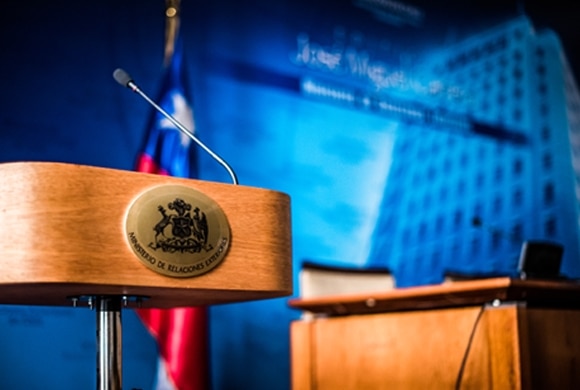
On May 18 and 19 Chile’s Foreign Ministry had to relief two consuls of their posts. First was Cristián Jara in Panama. According to several media, Mr Jara published a video promoting conservative presidential candidate Manuel José Ossandón, who’d he claimed to know very well, and who’d be the president Chile needed. Mr Jara was replaced immediately.
Less than 24 hours later, Juan Pino in Mendoza/Argentina endorsed in a series of tweets Alejandro Guillier, the candidate of the left-wing Radical Party. Although Mr Pino reportedly deleted the tweets quickly, he was removed without hesitation by the authorities.
The Foreign Ministry’s swift response was reasonable and warranted; the law establishes clear red lines no public servant must cross. Moreover, all consuls will act as presidents of electoral boards, overseeing the smooth operating of expat Chileans casting their ballot. This year, expats are allowed for the first time to vote, and the law is being touted as signature achievement by the Bachelet administration. With consuls openly taking partisan positions, a secret and free ballot could not be guaranteed.
Impartiality of diplomats is key, because it is crucial in maintaining continuity in bilateral relations while governments come and go. Breach of such well-known standards would be met with sanctions from any government and therefore amounts almost to stupidity. Thus, such unprofessional behaviour in short accession points to administrative shortcomings, starting with education and extending to processes and lack of judgement that enables such demeanour. It’s just not enough to write down the rules, decision-makers must also see to their enforcement.



